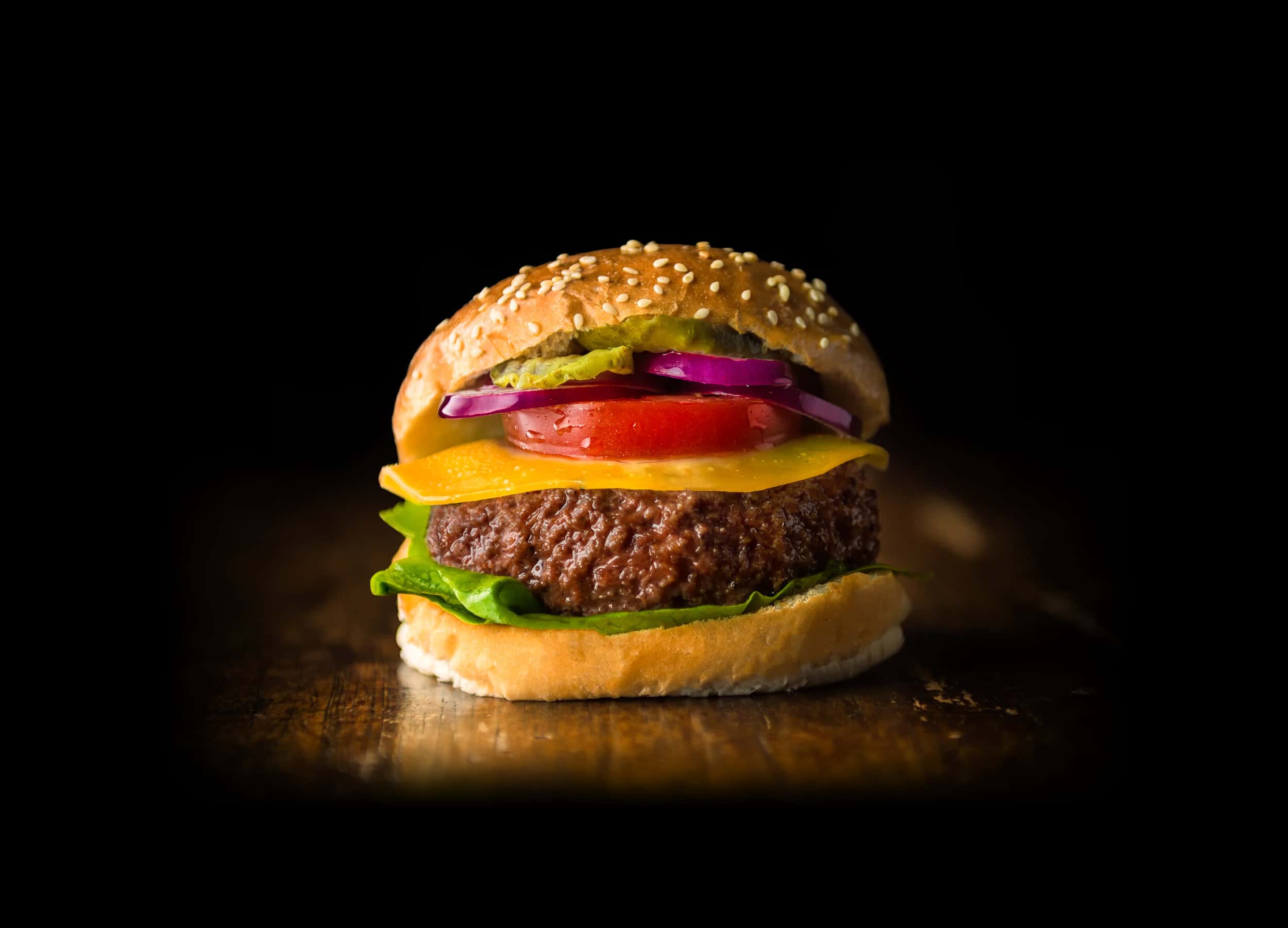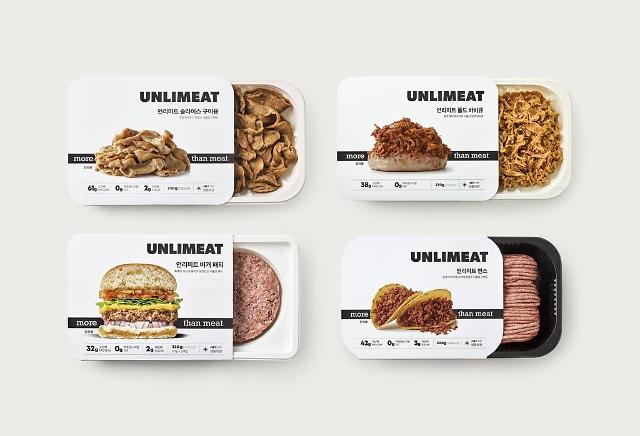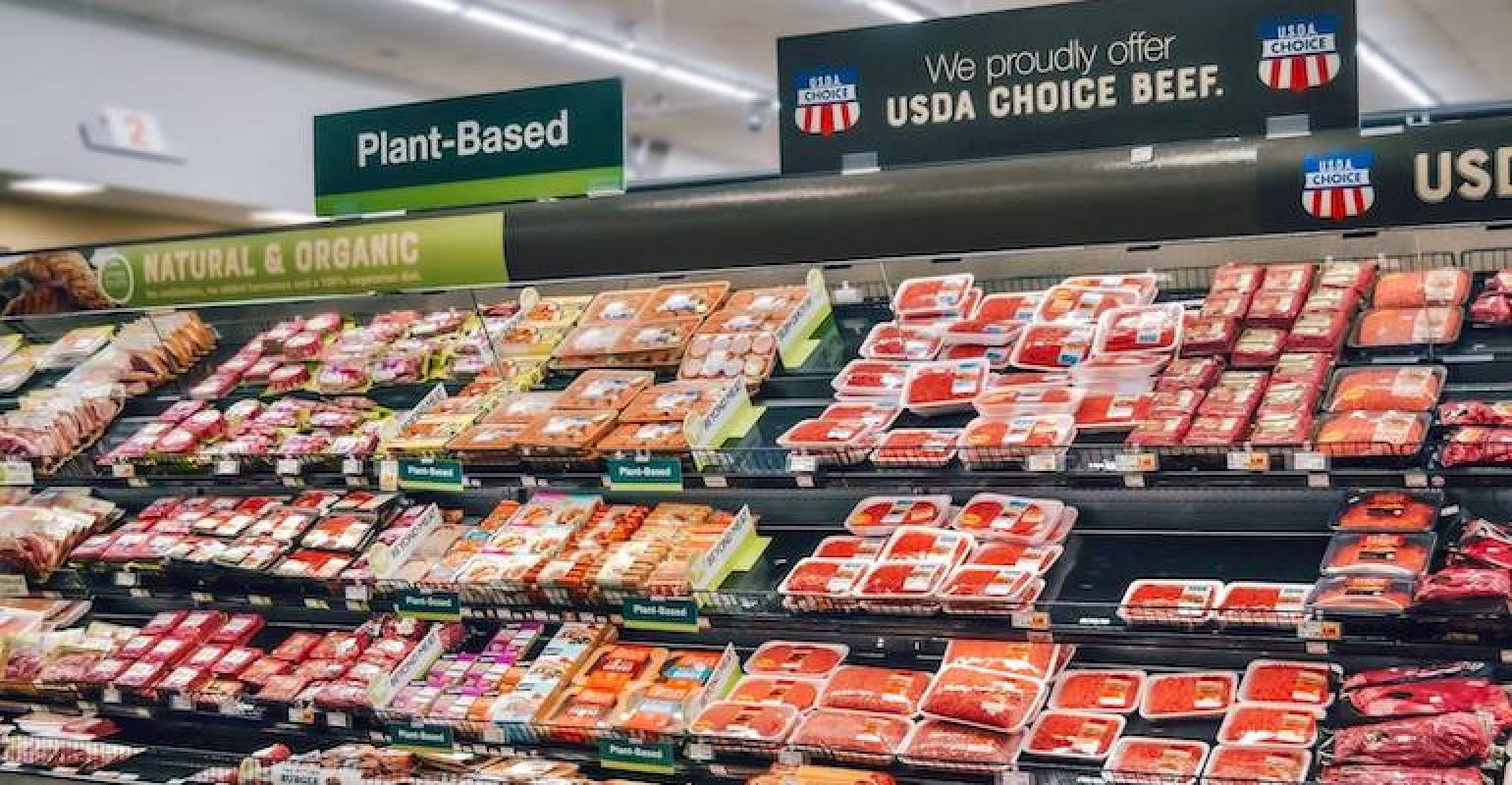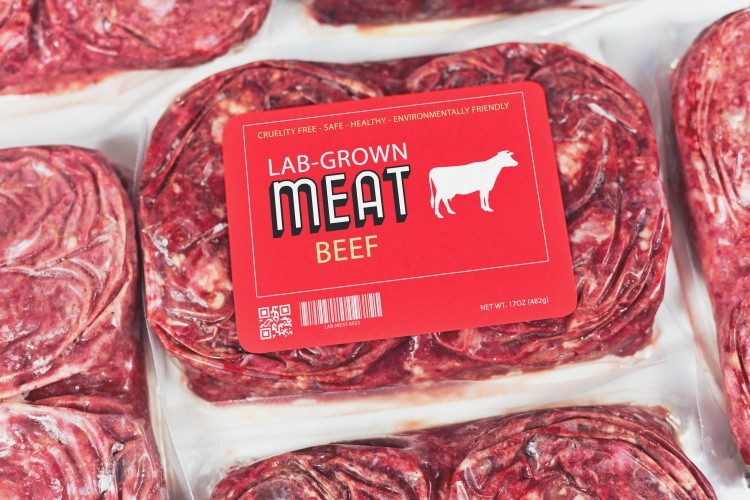Ohayo Valley unveils its cultivated wagyu beef burgers for the first time at Vegan Women Summit, showcasing how women will play a pivotal role in the transformation of the global food system.
Cellular agriculture stands to drastically transform the way meat and other animal-derived products are made. That’s because instead of raising, slaughtering, and exploiting animals en masse for food, cellular agriculture—as its name suggests—uses a small sample of cells which can be grown outside of an animal to make meat without any of the downsides of traditional agriculture.
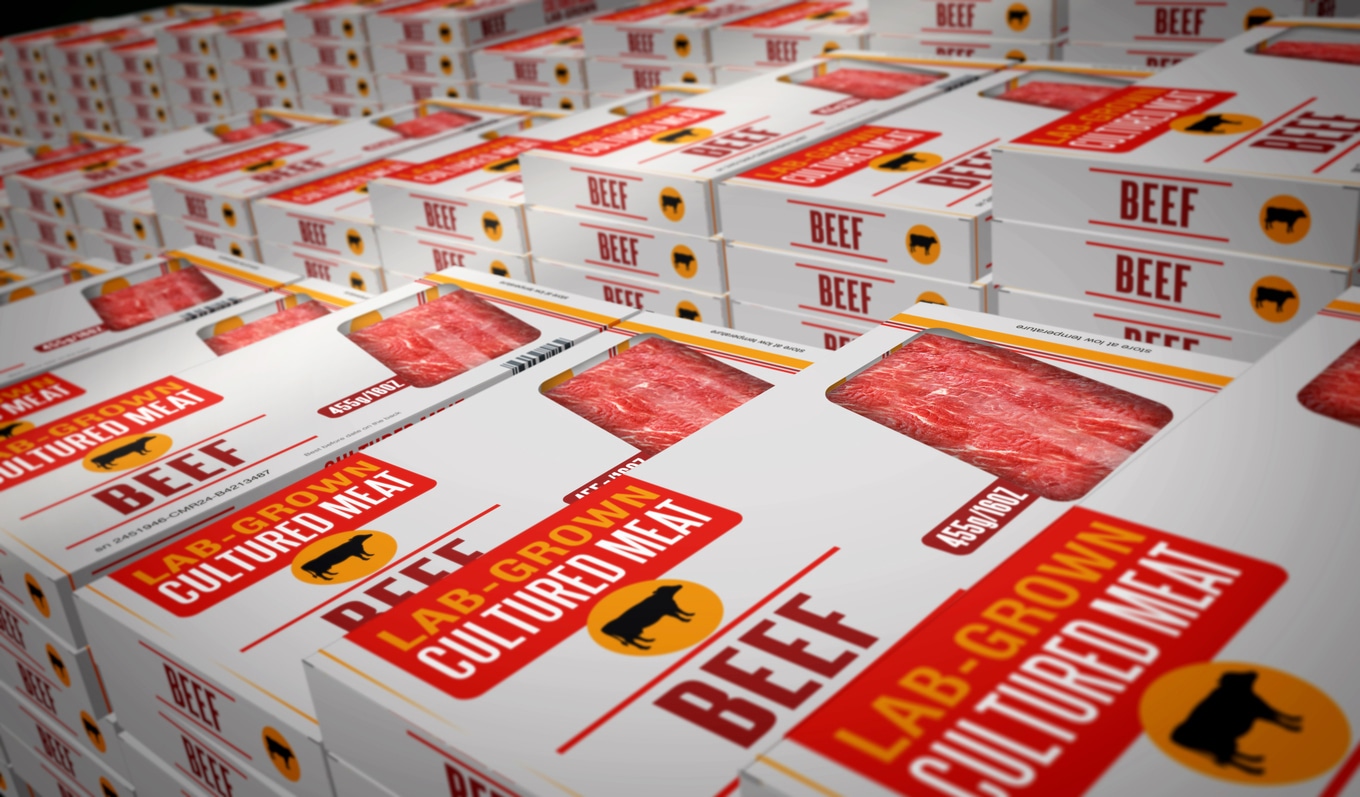
And while making food in this way has far-reaching potential, are consumers ready to accept it? Results of early market research seem promising. In 2021, research published in scientific journal Foods surveyed 2,018 people in the United States and 2,034 people in the United Kingdom about their attitudes toward cultivated meat. They found that 40 percent said they were likely to try it, with younger participants showing the most openness.
What will it take to convince the other 60 percent to give cultivated meat a try? Research by payroll platform Paychex shows that, perhaps, more consumers will be swayed if a woman is involved. Its study found that people, particularly in younger generations, rate women business owners more trustworthy than men, which could have a big impact on the public acceptance of cultivated meat.
As such, filling gender gaps at the top of the food innovation chain is a pressing matter that Vegan Women Summit (VWS) is taking to task. Women are underrepresented at the top of most industries and VWS is working to change that through a multifaceted approach that supports female leaders at every level to empower them to build a more sustainable food system.
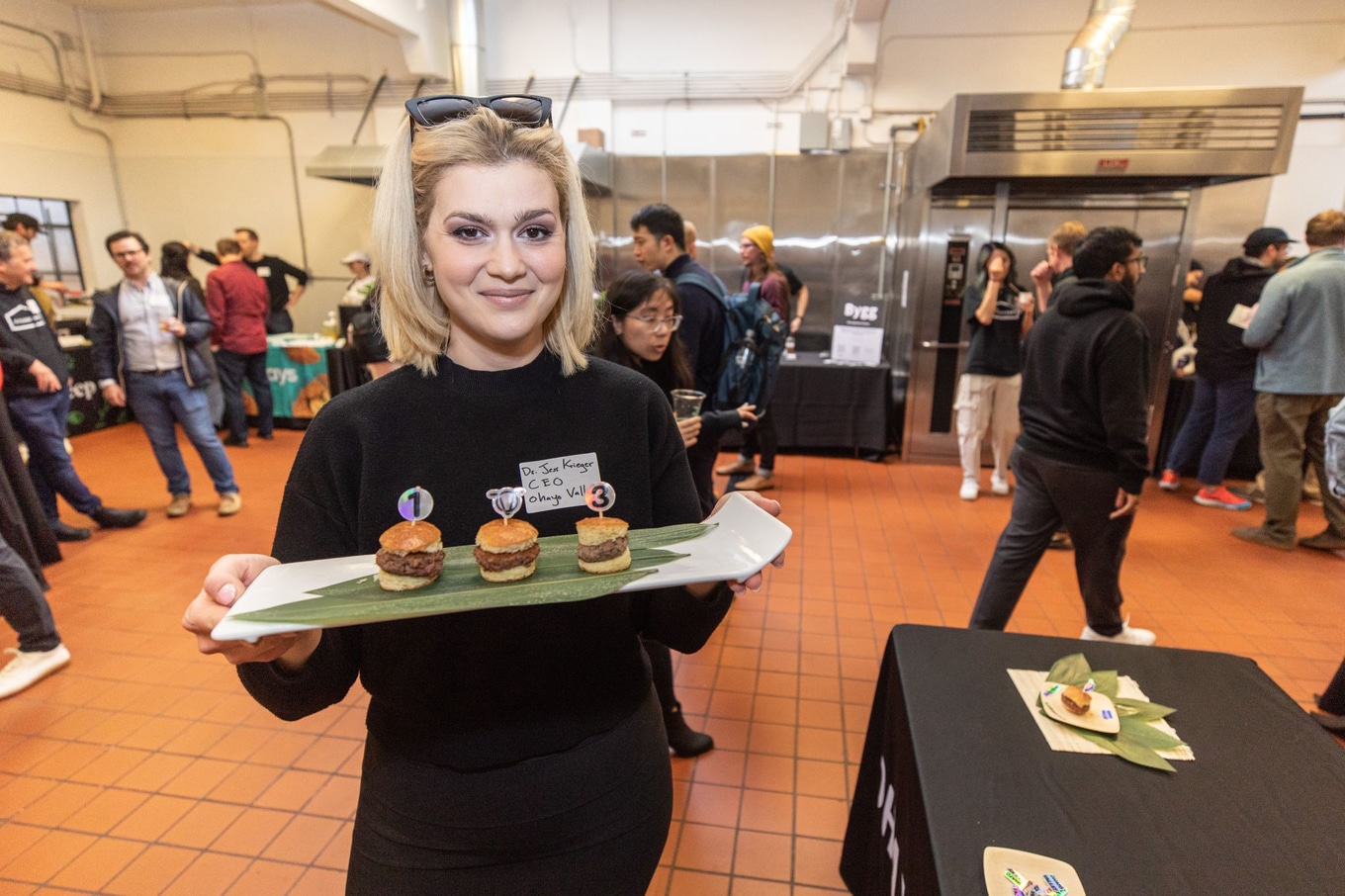
This year’s VWS will be in New York City in mid-May and will welcome a number of female-founded companies to showcase their innovations, including Ohayo Valley—a Berkeley, CA-based cultivated meat startup founded by Jess Krieger, PhD.
“Women will be central to building the future of food,” Kreiger tells VegNews. “We are consistently underestimated and underrated in society, but these systemic hurdles make us creative and resilient problem solvers.”
“Women think differently, feel differently, do things differently, and that’s exactly what the world needs right now: different and unique approaches to solving our biggest challenges,” she says.
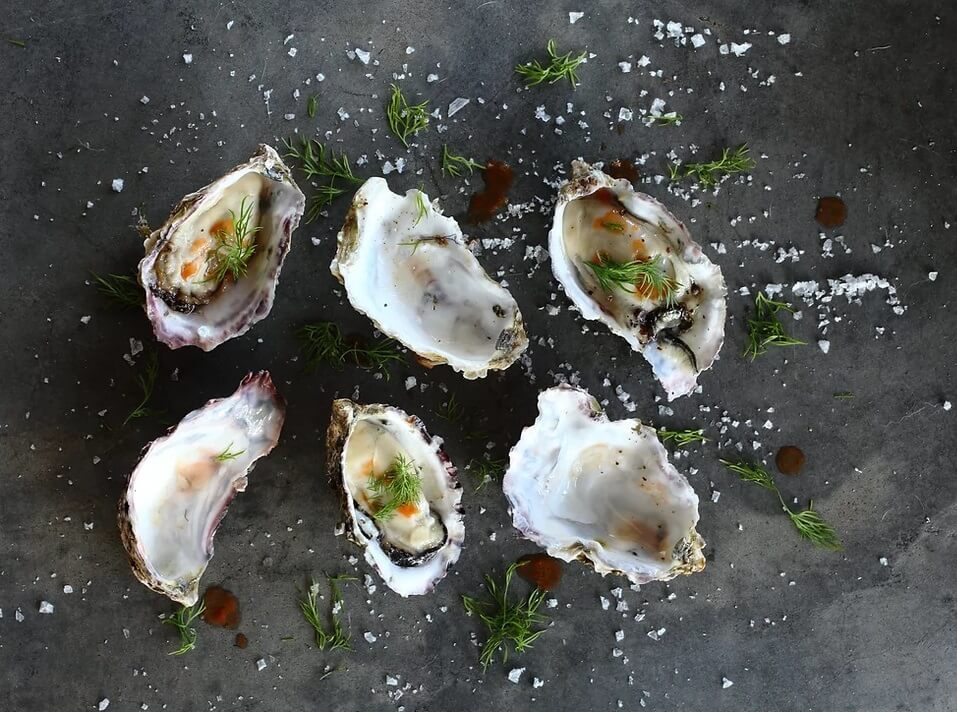
** Click here to read the full-text **





